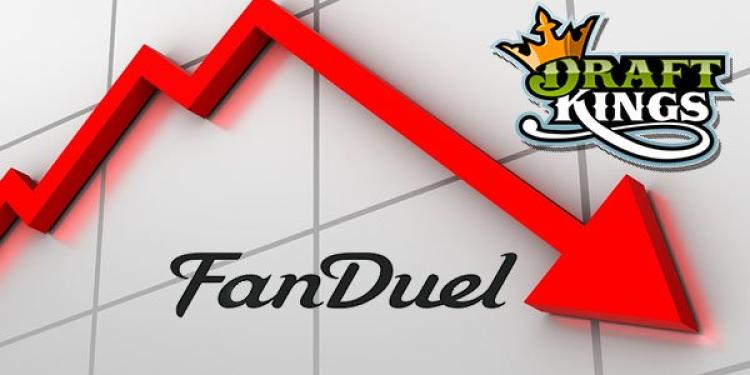DFS Controversy Causes Major Decline in Entries to Tournaments, Prize Pools
Posted: December 16, 2015
Updated: October 6, 2017

Reports show that there’s been a significant decline in participants in tournaments and guaranteed prize pools since the daily fantasy sports (DFS) controversy began last summer.
In US gambling news, DFS operators are facing yet another hurdle, though surprisingly this time it isn’t coming directly from Attorney General Eric Schneiderman. Rather, it’s coming from their players—or lack therefore of.
In a report recently released by Adam Kreijcik, the managing director of digital and interactive gaming at Eilers Research, participation in DFS tournaments and guaranteed prize pools has gone down up to $10 million per week since the start of the season. Kreijcik believes that the ongoing DFS controversy is the main reason for the drop, saying that: “There are numerous explanations as to why these tournaments have been experiencing declines, not the least being the negative PR/extraordinary events surrounding the industry lately.”
The decline in profits is hurting DFS operators DrafKings and FanDuel, and it shows. They’d previously been media mainstays—accounting for nearly 60% of all television advertising earlier this season—but are now in their third week of failing to appear in the list of top TV advertisers on US networks, according to LegalSportsReports.com.
DFS controversy behind movement to return to regular fantasy sports, cash games?
While the DFS controversy is undoubtedly the main culprit behind the drop in people internet betting on DraftKings and FanDuel, there may be other factors at play, namely movements towards cash games and regular fantasy sports leagues.
Says Kreijcik of other reasons that could be behind DFS’ decline in revenue: “We believe there me also be some larger fundamental issues at work, namely a general shift towards cash games, which provide a much greater value proposition for the majority of all users.”
There is also a number of people going back to playing in traditional fantasy sports leagues, which are more competitive, less fast-paced, and aren’t dominated by analytics like DFS is.












